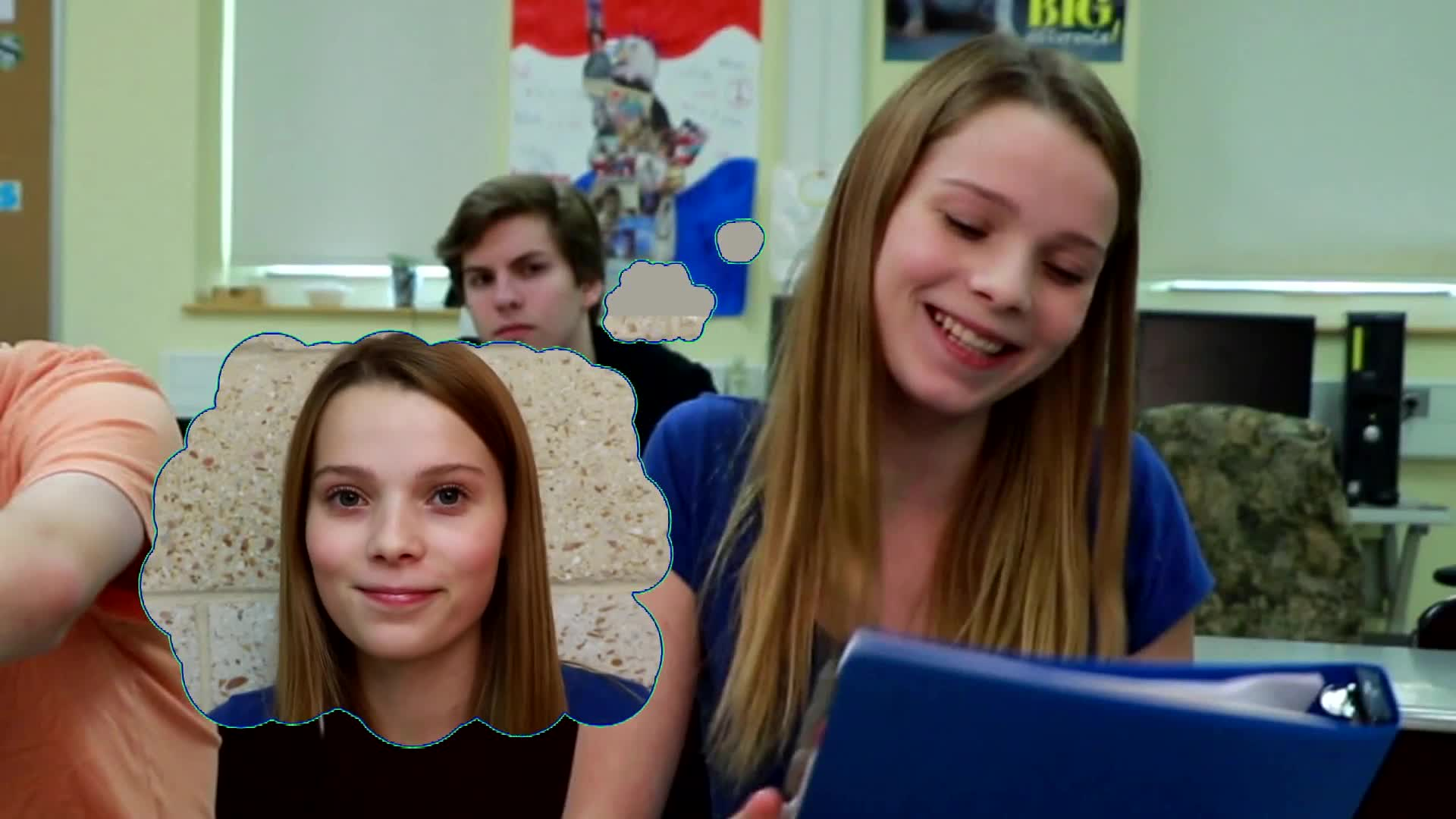
Introduction
As educators, we strive to teach our kindergarten students not only academic skills but also essential social-emotional skills. One of these important skills is the ability to apologize sincerely when we hurt someone’s feelings, even if it was unintentional. Apologizing shows that we care about the other person’s feelings and helps to maintain positive relationships with others. In this blog post, we will explore an easy-to-implement no-prep activity, discussion questions, and related skills to help your students understand the importance of sincere apologies.
No-Prep Activity
This simple activity can be done in the classroom without any preparation or materials. It will help kindergarten students understand the concept of apologizing sincerely and practice it in a safe environment.
- Ask students to sit in a circle on the floor.
- Explain that sometimes we accidentally hurt someone’s feelings and it’s important to apologize sincerely.
- Introduce a scenario where one student (Student A) accidentally breaks another student’s (Student B) crayon.
- Ask Student A to apologize to Student B in a sincere way, making sure to acknowledge the feelings of Student B.
- Ask Student B to accept the apology and express their feelings about the situation.
- Repeat the activity with different scenarios and students, allowing everyone to practice both apologizing and accepting apologies.
Discussion Questions
Use these questions to stimulate further discussions about the importance of sincere apologies and help students reflect on their own experiences:
- Why is it important to apologize when we hurt someone’s feelings?
- How do you feel when someone apologizes to you sincerely?
- What can you do if someone doesn’t accept your apology?
- Can you think of a time when you apologized or someone apologized to you? How did it make you feel?
- What are some ways to show that you are sorry besides saying “I’m sorry”?
Related Skills
Teaching students the importance of sincere apologies is just one aspect of social-emotional learning. Here are some other related skills that can help kindergarten students develop healthy relationships with others:
- Empathy: Understanding and sharing the feelings of others.
- Active Listening: Paying attention to others when they are speaking and showing that you care about their thoughts and feelings.
- Conflict Resolution: Learning how to resolve disagreements or problems with others in a peaceful and respectful manner.
- Self-Awareness: Recognizing and understanding one’s own emotions and how they affect our behavior and relationships.
Next Steps
Now that you have some ideas on how to teach the importance of sincere apologies to your kindergarten students, consider exploring more social-emotional learning resources. To help you get started, you can sign up for free samples of skill-based activities and lessons at Everyday Speech. These materials will provide you with additional tools and strategies to support your students’ social-emotional growth in the classroom.

